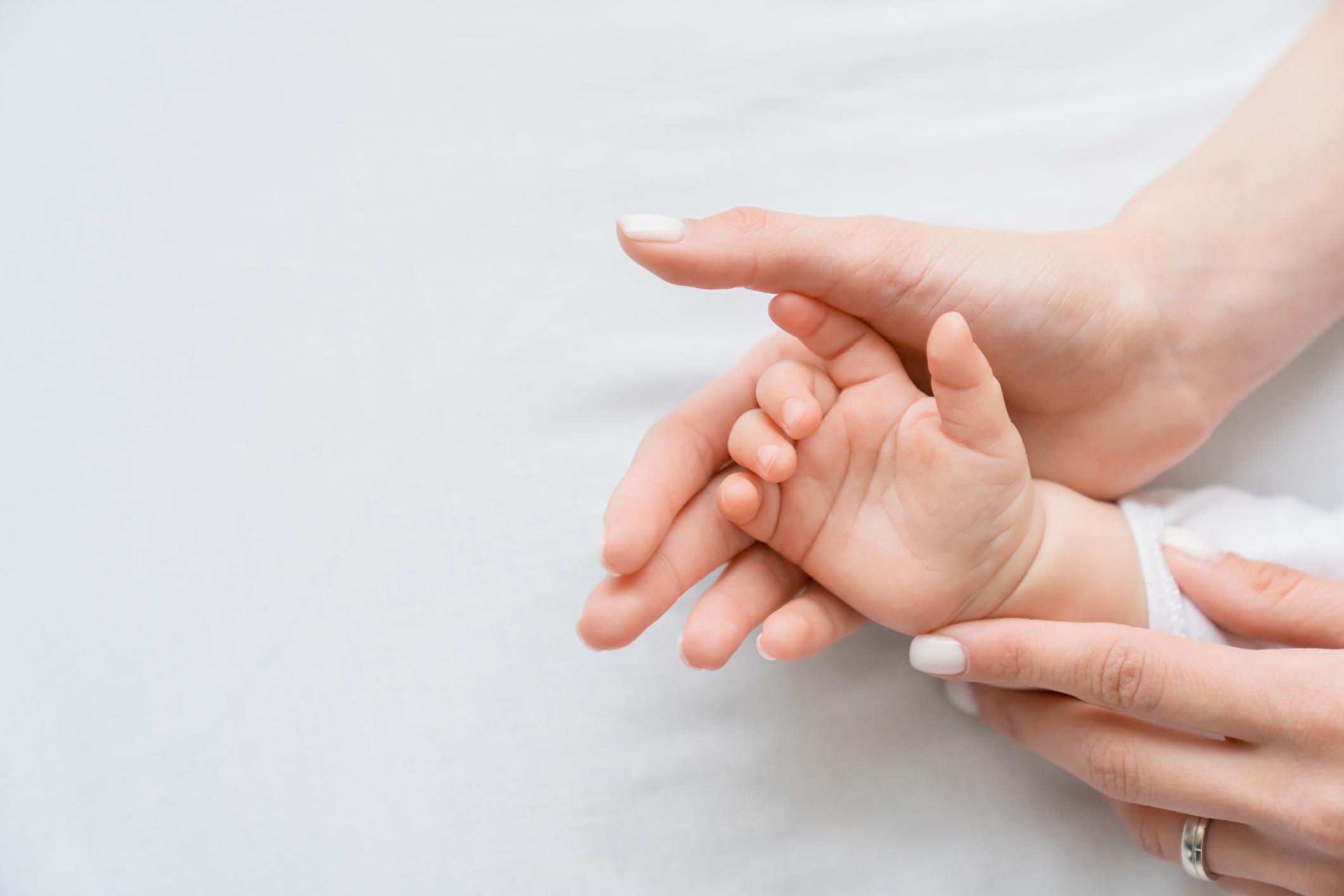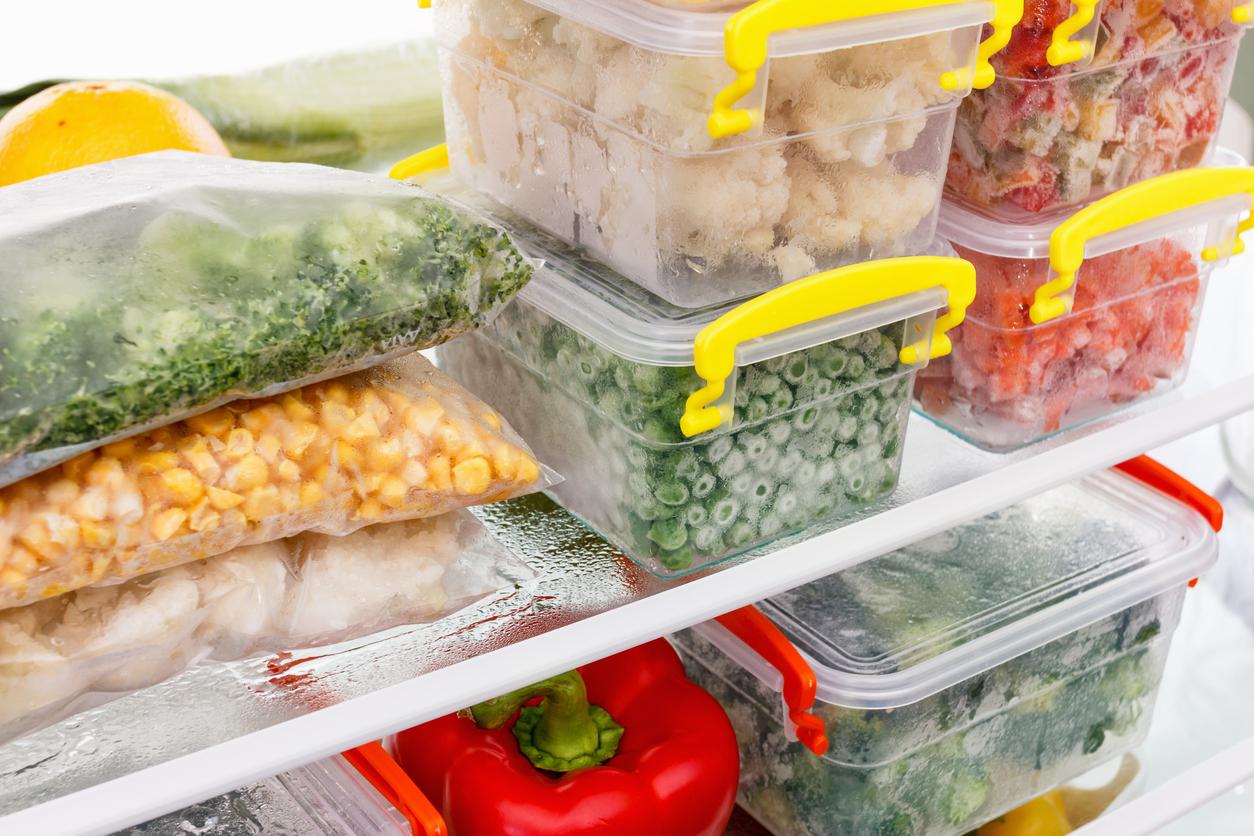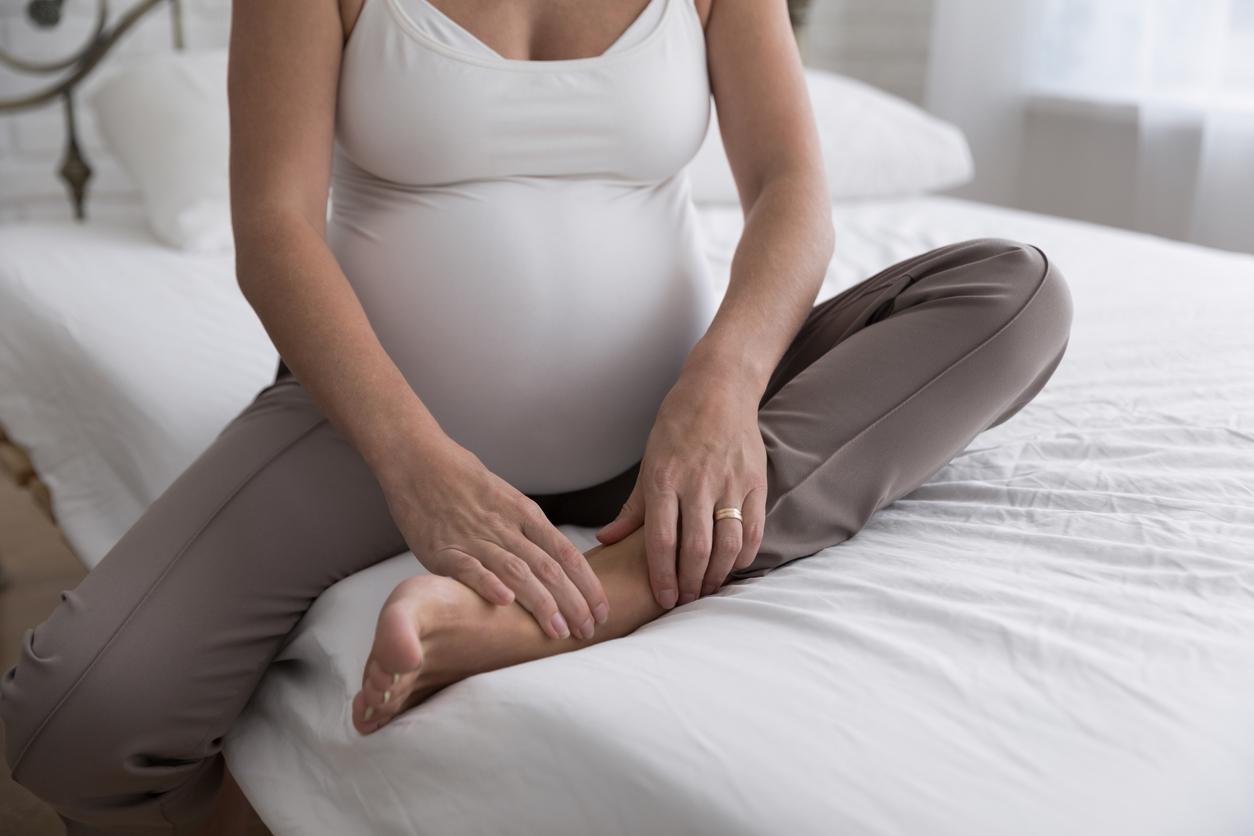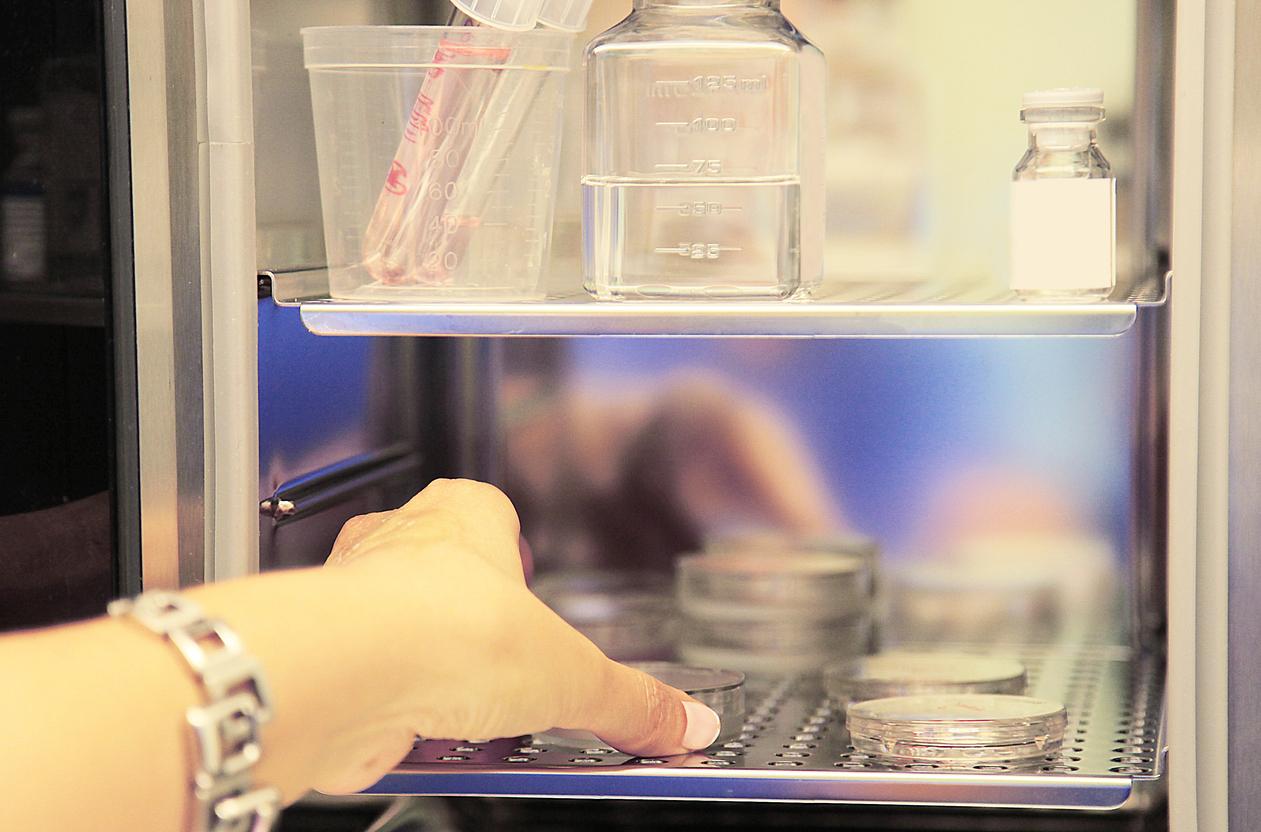The ethics committee believes that it is necessary to facilitate motherhood among young women who so wish before legalizing the self-preservation of oocytes.

The National Consultative Ethics Committee (CCNE) is hostile to “precautionary” oocyte self-preservation for young women. He believes that this approach allowing women to delay their pregnancy project “is difficult to defend”.
To date, only women with cancer or at risk of premature ovarian failure can have their gametes vitrified. But since 2016, in return for donating eggs, women who have never procreated can keep some for themselves. Donors could benefit later in the event of infertility, and only if the number of oocytes taken has exceeded 6.
A “medically and ethically unacceptable law” for the Academy of Medicine which spoke out in favor of self-preservation ten days ago. The institution denounced in particular “the blackmail” made to women and recalled that to keep oocytes for oneself, 3 to 4 ovarian stimulation cycles would be necessary. To which are added repeated blood tests, ultrasounds and samples under general anesthesia.
And while the CCNE also puts forward “the heaviness and aggressiveness of this protocol”, it comes to a diametrically opposed conclusion. “I think that at CCNE, we were more concerned with women’s health than at the Academy. Perhaps academics are more sensitive to the arguments of reproductive professionals, ”said Why actor Prof. Frédérique Kuttenn, head of the endocrinology and reproductive diseases department (Pitié-Salpêtrière Hospital) and one of the reporters of the study.
A negative risk / benefit balance
For the CCNE, oocyte self-preservation is “pseudo-insurance” for women, because the success rate of medically assisted procreation (AMP) is 60% with the use of its own oocytes.
By way of comparison, the rate of “natural” conception at age 35 is 66% and 44% at age 40. The chances are too slim in view of the infectious or hemorrhagic risks for women, according to CCNE. “The demand for autonomy is one thing, but preventing infertility should not become risk-taking,” insisted Professor Kuttenn.
What about egg donors? “It’s true that this problem is the same for donors. But I repeat, this June 2017 opinion is not set in stone. There may be changes on the occasion of the revision of the bioethics law in 2018, ”said Prof. Jean-François Delfraissy.
The members of CCNE also considered that the probabilities of using these vitrified oocytes are very low. The majority of women who have frozen their eggs would get pregnant naturally and would never need to use ART, they say.
Fears of societal pressures
They also warn against the societal injunction to have children and the emergence of a norm. “We can fear that the possibility of procreating at the desirable and desired age will be called into question for a” need for service or business “in a context of an overvaluation of the place of work and performance”, they write.
CCNE therefore recommends that efforts be made by society “to facilitate the motherhood of young women who so wish” and allow them “to combine family life and professional career”. He cites in particular an evolution of paternity leave or better access to nurseries.
However, opinions differ within CCNE. Seven members felt that giving women the opportunity to freeze their eggs was not going to “turn into the norm”. They recognize that better information on the decline in fertility with age, the risks of ART and its possible failures is essential. Condition sine qua non so that “the autonomy of their decision is not illusory”, they conclude.
.












